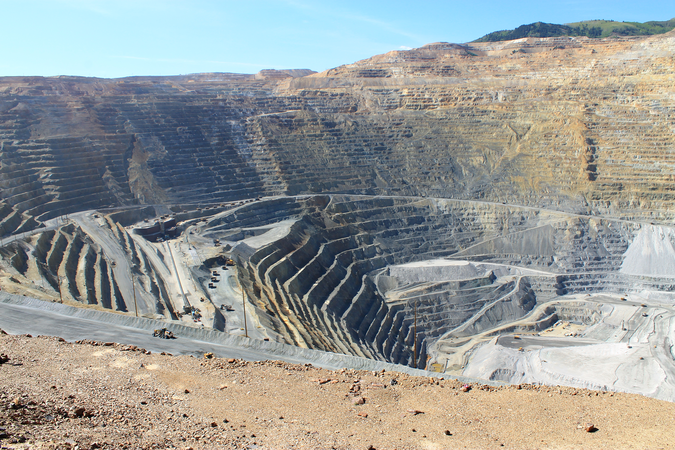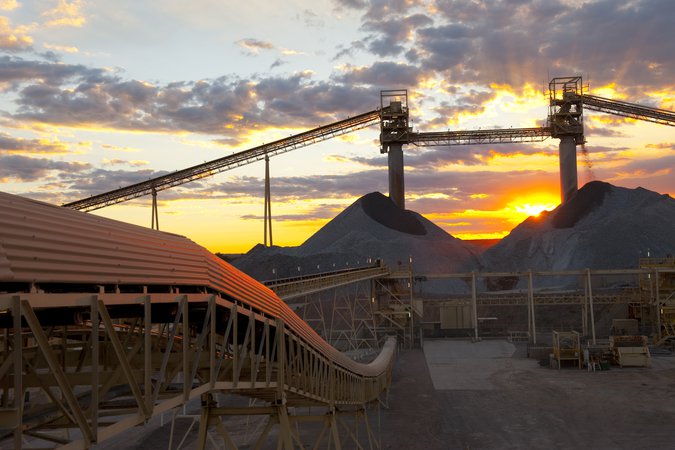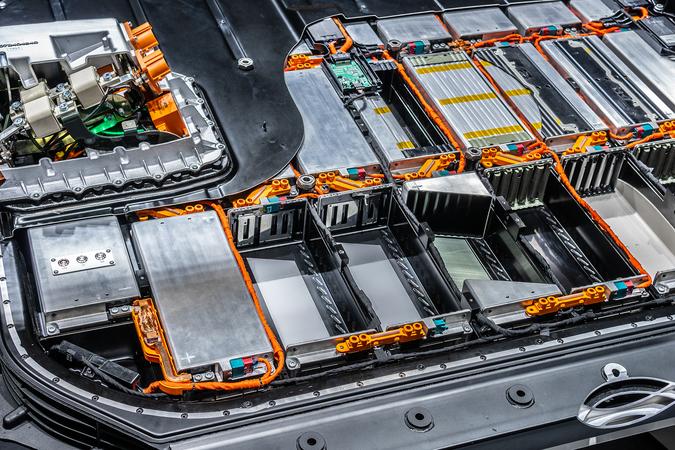Critical Minerals Research Lab Conference
A virtual conference featuring industry experts showcasing research on critical mineral policy for the clean energy transition.
Details
The global clean energy transition has led to an increased interest in the study of critical minerals, but the supply chain faces myriad challenges. Approaching research questions from an interdisciplinary perspective will be key to helping develop effective, equitable, and cost-efficient critical mineral policies. Over the academic year of 2024-2025, a group of 14 PhD students studying critical mineral policies for the clean energy transition participated in the inaugural Critical Minerals Research Lab. This lab provided a space for interdisciplinary examination of research that touched on all issues within the study of critical minerals—including issues around mineral extraction and processing, battery technology, supply chains, environmental sustainability in mining, community impacts, and much more.
On June 26 and 27, Resources for the Future (RFF) hosted a conference showcasing research by the Lab students on these issues. The conference sessions included community impacts and public perception; supply chains; extraction sustainability; and alternative forms of extraction. Each session consisted of 3-4 student presentations followed by a discussion by a relevant academic, policy, or industry expert, and an audience Q&A.
The conference was virtual, open to the public, and hosted by Resources for the Future. It was also recorded and posted online for public viewing.
Event Recording for Day 1
Agenda
Day 1: June 26, 11:00 A.M.–2:30 P.M. ET
11:00 A.M. | Welcome and introduction to Session #1
Session #1: Community Impacts and Public Perceptions, Moderator: Nicole Smith
- “Governance of Non-Regulatory Mining Agreements: Insights from the Good Neighbor Agreement in Montana,” Tinzar Htun (Colorado School of Mines)
- “Between Promise and Peril: A Q-Method Study of Community Perceptions and Socio-Environmental Impacts of Namibia’s Lithium Mining,” Emmanuel Chinkaka (Univ of Delaware)
- “Preferences for Mineral Use in Battery Electric Vehicles (BEV): A US-Based Discrete Choice Experiment,” Hamdiya Orleans-Boham (Missouri S&T)
Discussant #1 (Jocelyn Fraser)
Moderated Audience Q&A
12:30 P.M. | Introduction to Session #2
Session #2: Supply Chains, Moderator: Karan Bhuwalka
- “Critical Mineral Supply Chain Resiliency in Manufacturing Flexibility,” John Paul Pieper (Carnegie Mellon University)
- “Technoeconomic and Environmental Modeling and Policy Analysis of Lithium Supply Chains,” Anthony Cheng (Carnegie Mellon University)
- “The Omitted Role of Trade in Critical Mineral Sufficiency and Circularity Potential,” Pablo Busch (UC Davis)
- “Distribution of Mineral Rents in Hard-Rock Lithium Processing,” Sangita Kannan (Colorado School of Mines)
Discussant #2 (Ian Lange, Colorado School of Mines)
Moderated Audience Q&A
Event Recording for Day 2
Day 2: June 27, 12:00 P.M.–3:00 P.M. ET
12:00 P.M. | Welcome Remarks and Introduction of Session #3
Session #3: Extraction Sustainability, Moderator: Kate Whitefoot
- “Water Resource Constraints of Lithium Mining due to Climate Change in the US,” Jenna Trost (Northwestern University)
- “The Environmental and Economic Impacts of Mining,” Vaios Triantafyllou (Cornell)
- “Trade, Investment, and the Diffusion of Voluntary Certification Standards: The Case of Peruvian Copper Mining Companies,” Elizabeth Echevarría (Univ of Washington)
Discussant #3 (Kristi Disney Bruckner, IRMA).
Moderated Audience Q&A
1:30 P.M. | Introduction of Session #4
Session #4: Alternative Forms of Extraction, Moderator: Beia Spiller
- “Rare Earth Elements Extraction from Acid Mine Drainage: Ownership and Regulatory Challenges in Pennsylvania and West Virginia,” Hélène Nguemgaing (West Virginia Univ)
- “Modeling Copper Scrap Processing and Regional Cost Differences using an Optimization Framework,” Isabel Diersen (MIT)
- “Using International Law to Protect Marine Biodiversity from Deep-Sea Mining,” Gabriella Berman (Univ of Miami)
Discussant #4 (Steve Feldgus, previous Principal Deputy Assistant Secretary for Land and Minerals Management at DOI)
Moderated Audience Q&A
Wrap-up



